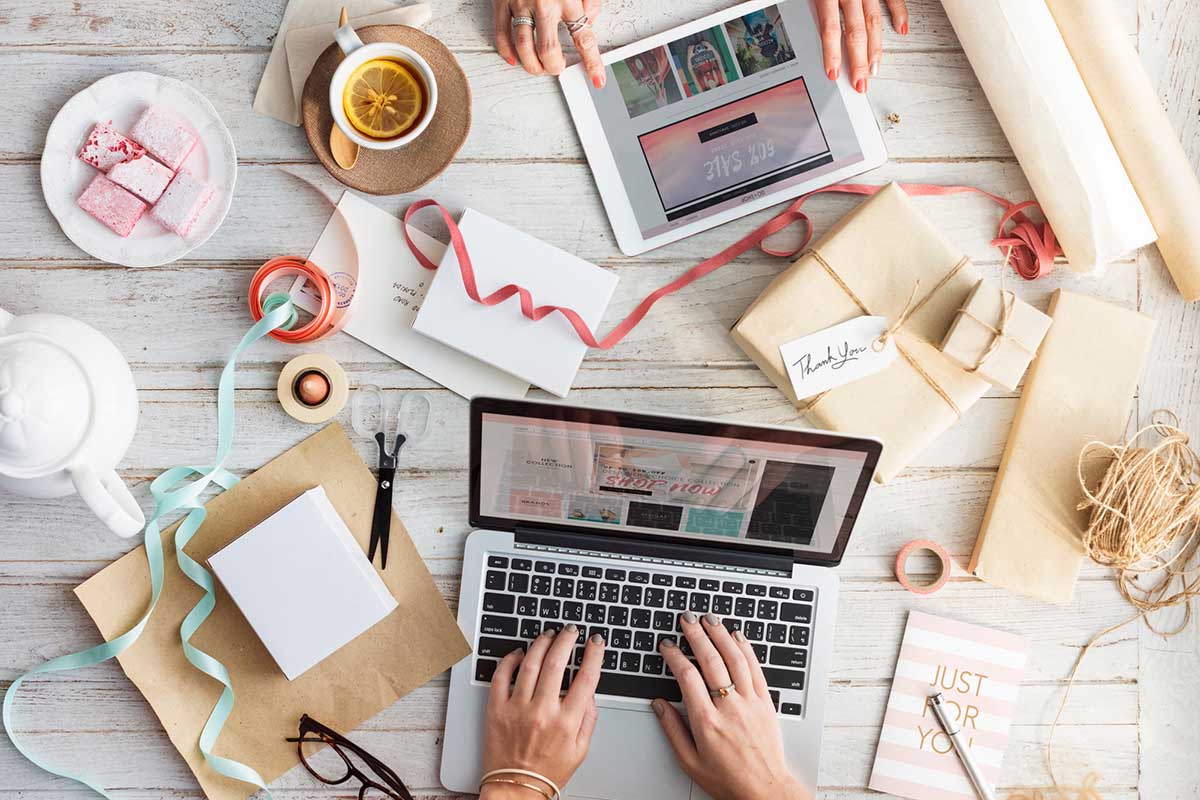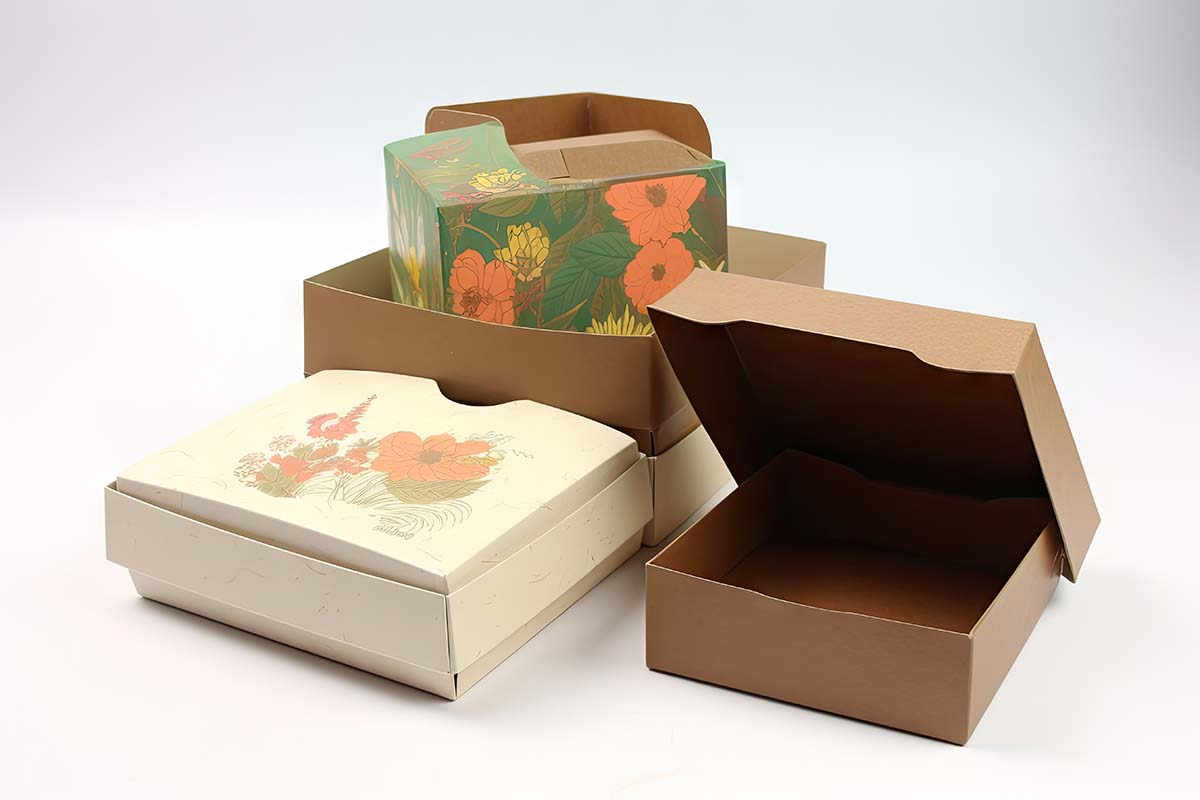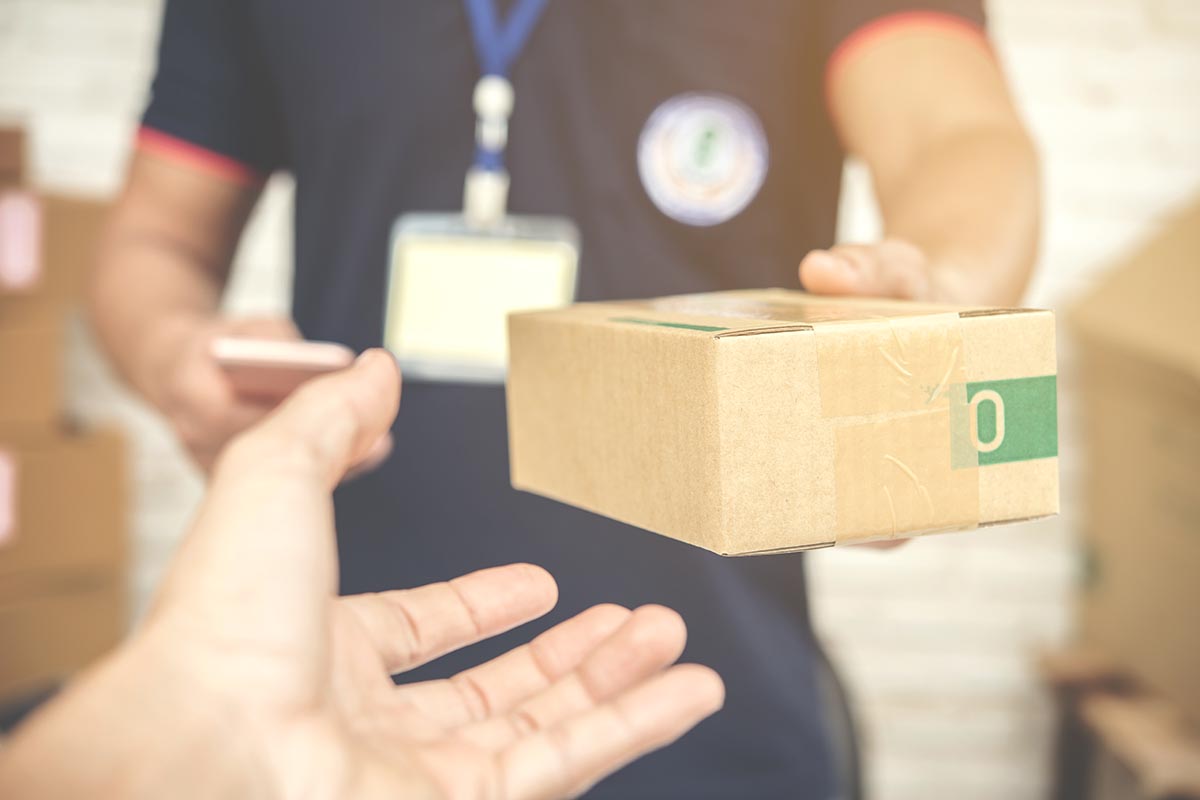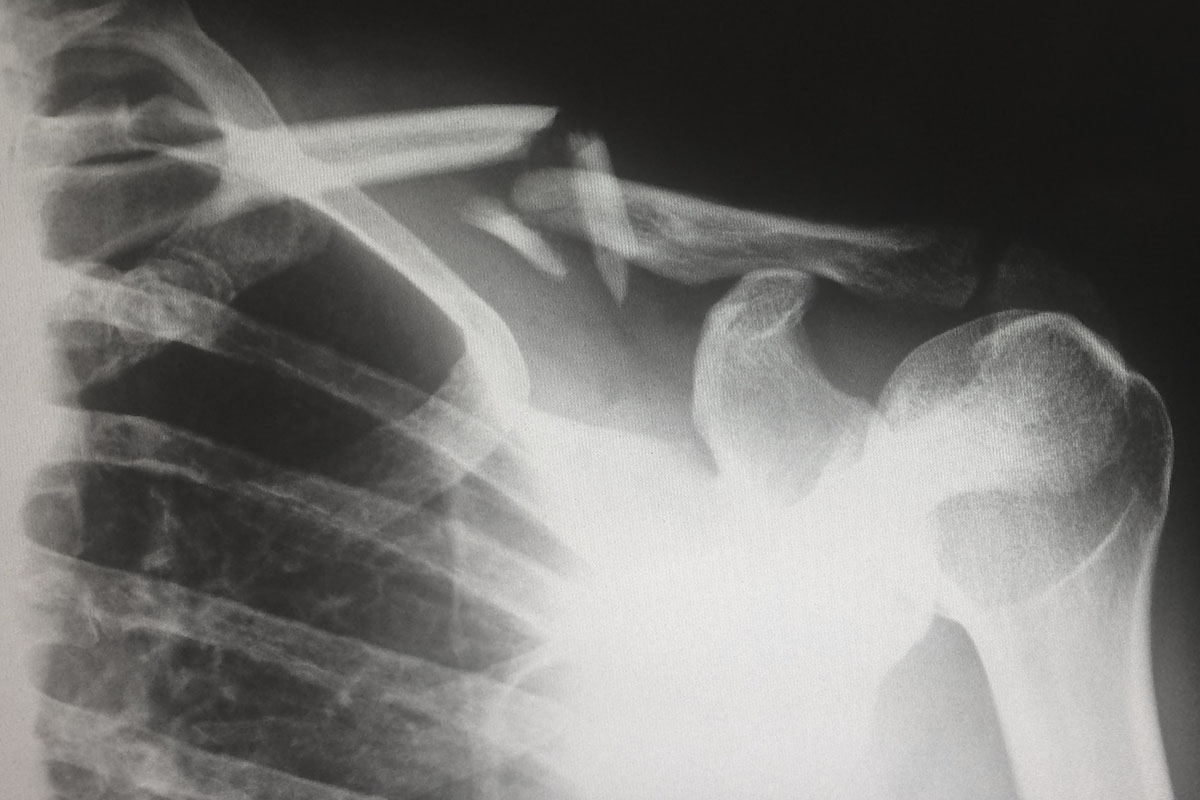Customized Packaging Solutions: Meeting Unique Business Needs
In an increasingly competitive market landscape, businesses strive to distinguish themselves through products and unique customer experiences. Customized packaging solutions play a pivotal role in shaping these experiences. They protect the product and serve as a vital brand identity extension.
This article will explore why customized packaging solutions are critical in meeting unique business needs, what options are available, and how to effectively implement them for maximal impact.
Types Of Packaging Supplies: Beyond The Basics
Standard packaging supplies such as corrugated boxes and bubble wrap have their place, but customized packaging aims to elevate this to a new level. Incorporating unique materials, shapes, and printing techniques can significantly set a business apart from competitors. These could include eco-friendly materials or proprietary designs that encapsulate your brand’s essence.
Remember, you’re not just packaging a product but also your brand. Specialty inks, embossing, or reusable designs can take the unboxing experience from mundane to memorable. Your established clientele will notice and appreciate the quality and thought put into customized elements.
Understand Your Target Audience
The first step in customization is understanding who you’re trying to reach. If your target audience leans toward environmental sustainability, materials like recycled or biodegradable packaging can be a game-changer. Knowing your customer’s values and expectations can guide the customization process effectively.
Customer segmentation can also play a role here. Perhaps different segments of your customer base will appreciate different types of packaging supplies. For example, a limited-edition release could feature a unique, higher-end package design that appeals to collectors or long-time fans.
Importance Of Branding
Customized packaging should act as an extension of your brand’s story. It involves carefully selecting colors, logos, and other design elements that echo your brand’s personality. The aim should be to create a consistent experience from website to product, reinforcing customer perceptions and expectations.
But it’s not just about looks. The tactile experience—the material’s feel, the ease of opening, and any sounds involved—can contribute significantly to the overall branding. Remember, all these elements are a part of the user experience and, therefore, your brand.
Cost Versus Benefit
Customization inevitably comes with costs. While eye-catching, unique packaging might lure in more customers, weighing this against the associated expenses is essential. High-quality materials and intricate designs cost money but should also be considered an investment in brand image and customer experience.
However, there are ways to balance costs. Limited runs of specialized packaging for events or seasons can create buzz without a year-round commitment. Remember, the key here is to measure the tangible benefits against the costs involved to ensure a profitable strategy.
Flexibility And Scalability
It’s essential to consider how easy it is to modify your packaging solutions as your business needs evolve. Scalable solutions can grow with you, saving time and resources in the long run. It can include everything from size variations to seasonal design adjustments.
Additionally, consider digital printing options that allow for easy design changes without costly plate modifications. This flexibility enables brands to adapt to market feedback or seasonal demands with minimal hassle.
Navigating Regulations
Adhering to regulations is non-negotiable, especially when venturing into markets with strict packaging rules like food or pharmaceuticals. These guidelines often pertain to materials used, labeling requirements, and other safety aspects.
Failure to comply can result in penalties and loss of customer trust. Therefore, it’s advisable to consult with legal experts during the design phase to ensure all guidelines are met, including any international regulations, if you’re selling across borders.
Incorporate Technology
QR codes, RFID tags, and augmented reality features can provide additional layers of engagement. These technologies not only make the packaging interactive but can also be used to collect valuable customer data for future campaigns.
Moreover, smart packaging technology can offer practical benefits such as tracking or freshness indicators. These additional features not only enhance customer experience but can also provide functional advantages.
Logistics And Supply Chain Considerations
While custom shapes and sizes can make your product stand out, they can also impact shipping costs. Odd dimensions might not stack efficiently, leading to higher logistics expenses. Therefore, it’s crucial to consult with supply chain experts to balance uniqueness with logistical practicality.
Besides, environmentally friendly packaging materials can sometimes be lighter, saving on shipping costs. Therefore, sustainability and cost-efficiency can often go hand in hand when approached wisely.
Conclusion
Customized packaging solutions offer more than just a protective layer for products; they’re a crucial aspect of your brand’s overall experience. By understanding your target audience, incorporating brand elements, and considering logistical factors, you can create a compelling packaging strategy that distinguishes your business and maximizes ROI.




















